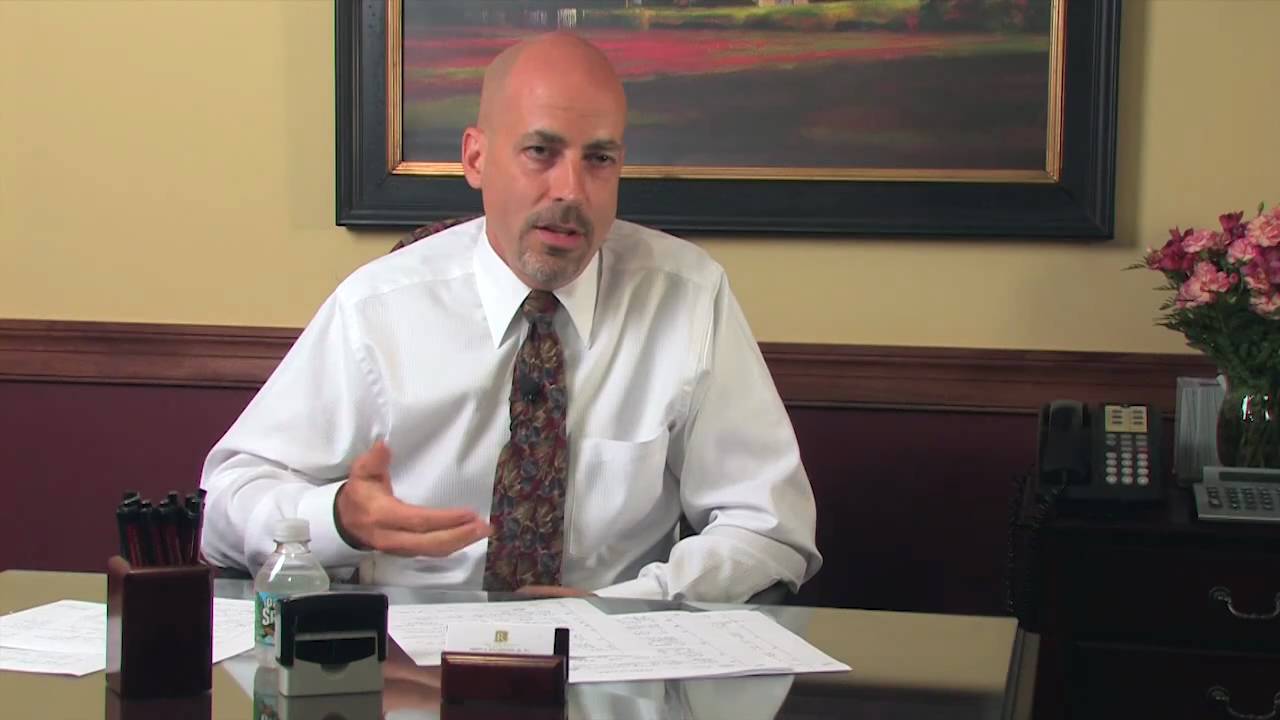A residential real estate attorney represents a person or an agency that operates a company that builds or runs residences. A residential real estate lawyer needs to understand the laws that govern the relationship between the owners of residential properties and the individuals who rent them, and that between the owners of commercial properties and the businesses that rent them. A residential real estate lawyer also needs to be aware of how business arrangements, including rental agreements, are written, conducted, and sometimes violated by either landlord or tenant.
What is a RESIDENTIAL REAL ESTATE Attorney?
Contents
A residential real estate lawyer handles federal statutes as well as the common law and state statutes that deal with real estate. A residential real estate attorney handles a wide variety of legal issues relating to acquiring, financing, developing, managing, constructing, leasing and selling commercial and residential real estate property of all kinds. Residential real estate attorneys should be consulted if you need legal advice about residential real estate.
FACTS ABOUT RESIDENTIAL REAL ESTATE LAW
A residential real estate lawyer handles the legal bureaucracy of residential real estate law. Residential real estate lawyers handle cases in which residential real estate is involved. A residential real estate attorney can get you through all of the legal paperwork involved in residential real estate cases. In residential real estate cases, a residential real estate lawyer should be consulted for legal advice.
Residential real estate law covers all aspects of home and apartment transfers, leases, and purchases for residential consumers. Buying or selling a home can be overwhelming; from adjustable and fixed-rate mortgages to contracts and closing, the terminology can be confusing and the concepts complex. Residential real estate attorneys can guide consumers through these various processes.
Whether buying, selling, or renting, it is important to understand the language of residential real estate in order to make the best choices. Residential real estate law extends through homeownership, and therefore includes regulations concerning neighbors, tenants, landlords, construction/improvements to a house, and zoning issues. For questions concerning any of these aspects of residential real estate law, an experienced real estate lawyer can provide answers.
Real Estate Lawyer
A real estate lawyer can help you when you are buying or selling a home. Typically when you are buying a home, your real estate lawyer will:
- Help you understand the contract and how you will take the title on the home
- Prepare and register legal documents
- Ensure there are no liens, covenants, or easements registered against the property
- Clarify the mortgage terms and work with your bank to fix them
- Scrutinize taxes owing and utility costs paid
- Come to the closing and review the papers you need to sign
- Arrange title insurance
If you are selling your home, your real estate attorney will most likely:
- Review/prepare the purchase and sale agreement
- If needed, prepare the power of attorney and deed
- Handle issues with the title and help correct them
- Come to the closing and review the papers you must sign
- If necessary, arrange for the insurance certificates
- Arrange for the transfer of security deposits

